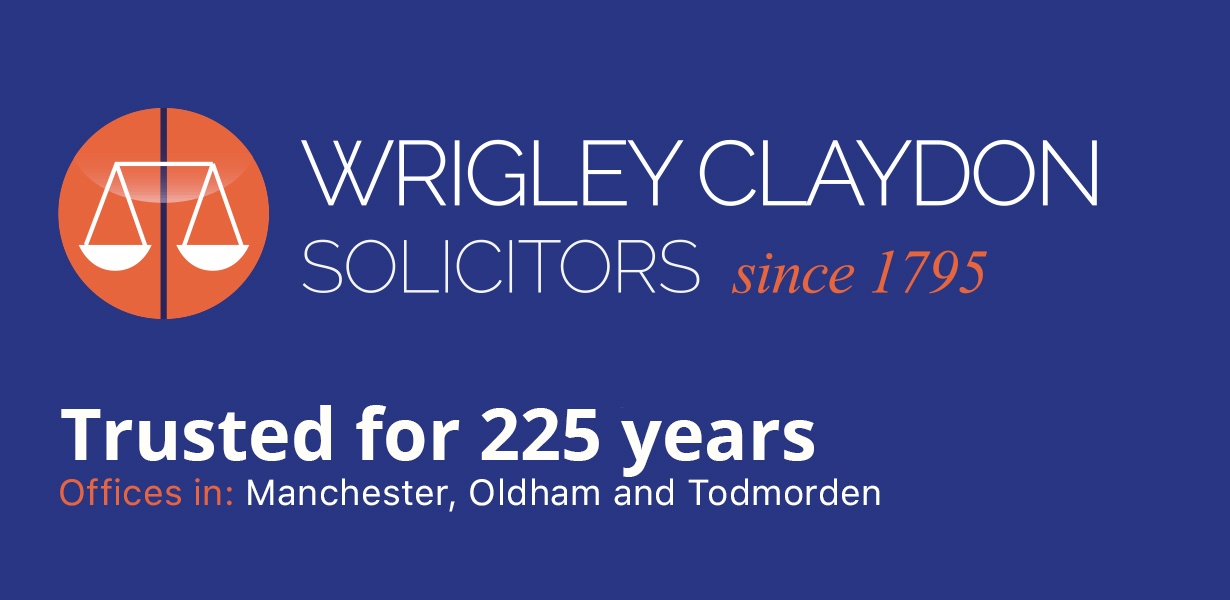In the case of Shanks-v-Unilever Plc the Supreme Court had to consider what amounts to an “outstanding benefit” for the purposes of determining whether an employee who has made an invention belonging to an employer for which a patent has been granted is entitled to compensation pursuant to s.40(1) of the Patents Act 1977?
During the course of his employment with Unilever, Professor Shanks invented a device designed to measure glucose concentrations in blood, serum or urine.
The rights to the invention belonged to Unilever, which subsequently obtained patents in respect of the invention. Years later, these patents were licensed to companies operating in the blood glucose testing field. Professor Shanks brought a claim for employee compensation against Unilever pursuant to s.40 (1) of the Patents Act 1977. The Intellectual Property Office concluded that the financial benefit to Unilever from licensing the patent rights was £24.5m, but that this was not an “outstanding” benefit as required by the terms of s.40(1). This conclusion was upheld by the High Court and Court of Appeal.
Suffering an intellectual property and technology disputes can have serious implications on your business. Our business solicitors will quickly and efficiently put your case together and act on your behalf.
Call Shalish Mehta in our civil and commercial litigation department on 0161 624 6811(Option 6) or email sm@wrigleyclaydon.com. We can advise you on the appropriate course of action and assist with any legal documents or proceedings that may occur.
Latest posts by Shalish Mehta (see all)
- 6 steps to take when you have a boundary dispute with your neighbour - 3rd January 2024
- Actor Noel Clarke seeks £10m in defamation case against The Guardian - 21st December 2023
- World Snooker Tour threatens legal action against five of its own players - 13th October 2023
- McLaren seeks at least $23 million in damages from Alex Palou - 9th October 2023
- LIV golfer Patrick Reed files defamation lawsuit against Golf Channel and commentator Brandel Chamblee - 1st October 2023


